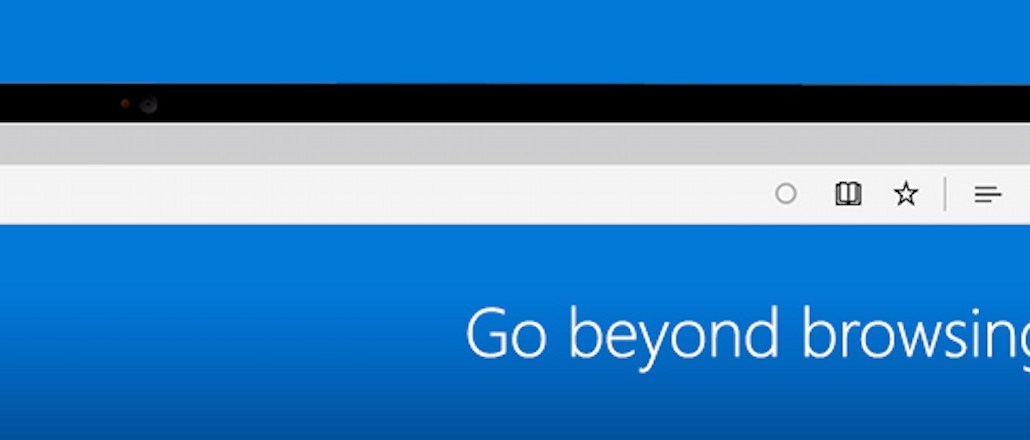Secure your place at the Digiday Publishing Summit in Vail, March 23-25
Microsoft doesn’t plan to install ad-blockers to its new browser releases (updated)

Microsoft is entering the ad-blocking wars by bringing the tool to browsers.
The company is baking ad-blocking capabilities into Edge, its browser replacement for the dominant Internet Explorer. First spotted by ZDNet, a slide detailing the new Edge features included a line about adding ad-blocking functionalities, which is slated to be rolled out in the coming weeks to Window 10 users.
That means ad-blocking is becoming closer to mass adoption as users won’t have to install an extension, such as AdBlock Plus, to their browsers since pesky ads will automatically be wiped away.
Edge is the default browser on Windows 10, its free operating system that, according to the company, now has 270 million active users since its July release.
Still, publishers needn’t be shaking in their boots just yet. Edge controls less than 2 percent of global desktop and tablet users, according to SitePoint, and is facing glacial adoption. In contrast, Google Chrome accounts for 54 percent of users, Firefox has 14 percent, and several variations of Internet Explorer controls 15 percent of users.
Microsoft’s move shadows that of Opera, a small browser that’s installing ad-blocking software to its browsers. Google, which makes a large chunk of its revenue from Internet ads, has not (and likely will not) reveal introduce similar software to Chrome.
Update: A Microsoft employee says an ad-blocker won’t be installed into Edge but it will support ad-blocking software.
We are not building a native ad blocker within MS Edge, but we will support third party ad blockers like AdBlock and AdBlock Plus
— Jacob Rossi (@jacobrossi) March 31, 2016
More in Media

Media Briefing: As AI search grows, a cottage industry of GEO vendors is booming
A wave of new GEO vendors promises improving visibility in AI-generated search, though some question how effective the services really are.

‘Not a big part of the work’: Meta’s LLM bet has yet to touch its core ads business
Meta knows LLMs could transform its ads business. Getting there is another matter.

How creator talent agencies are evolving into multi-platform operators
The legacy agency model is being re-built from the ground up to better serve the maturing creator economy – here’s what that looks like.





